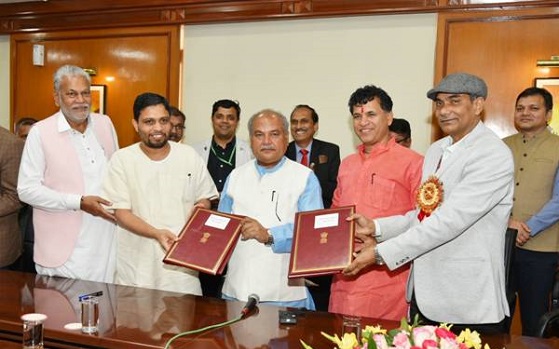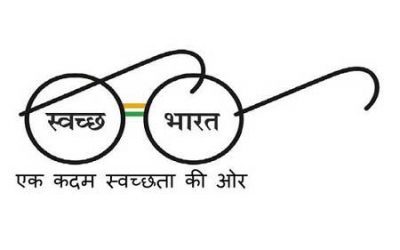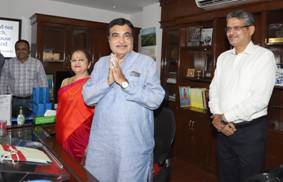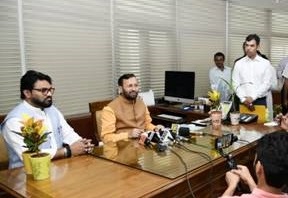Inaugurating the Pusa Krishi Vigyan Mela-2020, the Union Minister for Agriculture & Farmers’ Welfare, Rural Development & Panchayati Raj, Narendra Singh Tomar has called for retention of talent in Agriculture. He said India has a vast pool of agricultural scientists and specialists graduating from universities every year. “Government can provide funds, subsidies and incentives, but there has to be an interest in farming. For this agriculture has to be made a profitable venture; it should fulfil the nation’s needs, its share in GDP and exports should rise,” he added.
“Your purpose in career does not end with securing a cushy job or just remain engaged in education and research, but you should be a successful farmer in your area. Even those agriculturists retiring every year should remain involved in farming and inspire others. The farmer should remain alive in you. You may engage in farming in your kitchen garden in your spare time. It will keep you connected with agriculture as a profession,” said Tomar.
Tomar said Prime Minister Narendra Modi has given priority to agriculture and set a target of doubling farmers’ income by 2022. In this direction, the Government has ensured one-and-a-half times MSP of input costs to farmers, assured Rs 6,000 annually to farmers covered under the PM-KISAN scheme and a loan of Rs 1,60,000 under Kisan Credit Card. The Prime Minister has ensured transparency in disbursal of benefits to farmers and now there is no role for middlemen and brokers. Besides, there will be no shortage of funds and budgetary support for agriculture, he said.
Tomar said the Prime Minister yesterday launched the registration of 10,000 new Farmer Producer Organizations (FPOs) in order to promote cooperative farming. Budgetary provision of Rs. 6,600 crore has been made to provide each FPO a sum of Rs. 15 lakh for all farming related activities ranging from sowing, harvesting to distribution and marketing. For this purpose a Credit Guarantee Fund of Rs.1,500 crore has been created jointly by NABARD and NCDC.
Tomar said geographic divisions and climate change pose a challenge to our agriculture community. He said the Ministry is in the process of organizing a big conference in each of the eight zones. The Minister said field exhibitions on the patterns of Pusa Krishi Vigyan Mela should also be organized simultaneously. The Prime Minister has directed that a study on Pesticides be included as part of Agriculture curriculum.
Speaking on the occasion, the Minister of State for Agriculture & Farmers’ Welfare, Parshottam Rupala called for organizing such Farmers’ Fairs in every state. He urged the Agriculture Institutes and scientists to ensure that superior seeds are provided to farmers at reasonable rates.
Pointing out that the Government and the Agriculture Institutes are committed to promoting Agriculture, MoS (Agriculture & Farmers’ Welfare) Kailash Choudhary hoped a day will come when the farmer is no longer a borrower but becomes creditor.
In his address, Dr. Trilochan Mohapatra, Secretary, Department of Agricultural Research and Education (DARE) & Director General, ICAR, said a large number of farmers participate in the Kisan Vigyan Mela and buy the superior quality seeds developed by the ICAR institutes.
On the occasion, Tomar and other dignitaries released ICAR publications.
At a separate function, an MoU was signed between the ICAR and Patanjali Bio Research Institute (PBRI), Haridwar in the presence of the three Ministers. The MoU was signed by Dr. Trilochan Mohapatra on behalf of ICAR and Acharya Balkrishna, Chief Executive Officer (CEO), Patanjali & Managing Director, PBRI. Speaking on the occasion, Tomar said the MoU will promote Organic Farming with the R&D expertise of ICAR and the indigenization efforts of Patanjali in a wide range of products.
Source: PIB, APS/PK














0 Comments